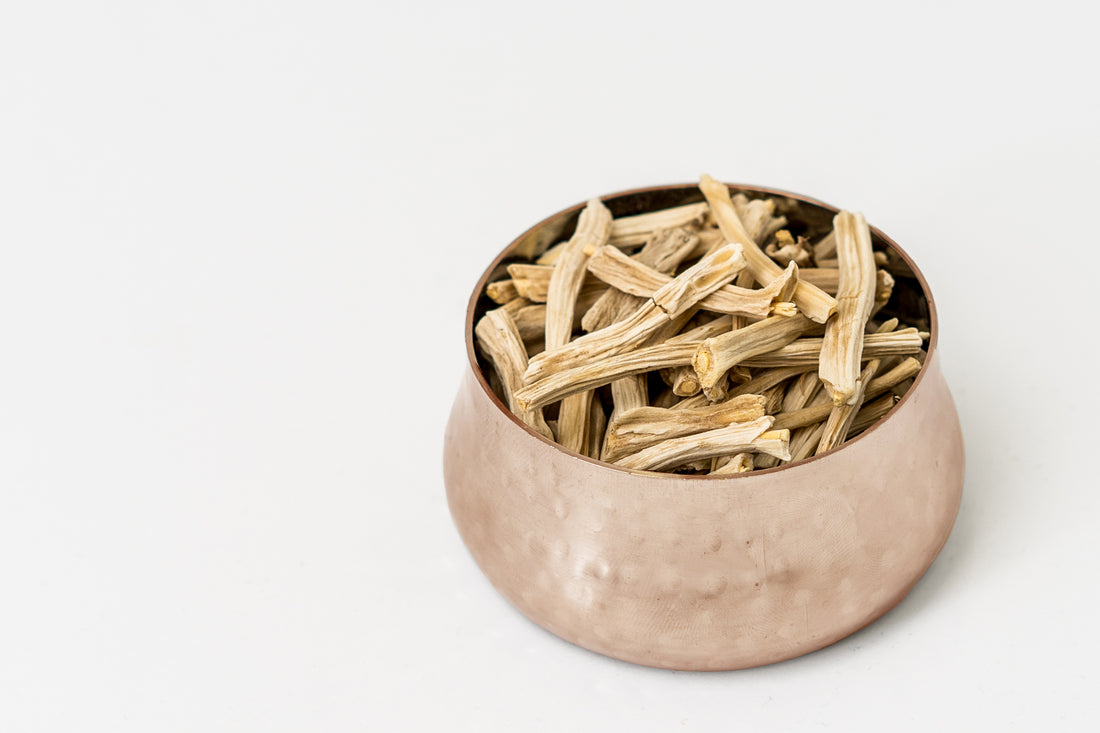Shatavari, also known as Asparagus racemosus, is a traditional Ayurvedic herb commonly used for its medicinal properties. The name Shatavari translates to "she who has 100 husbands" in Sanskrit, which is believed to symbolize the herb's ability to provide strength and vitality to women.
Shatavari is believed to have a variety of health benefits, including:
-
Supporting female reproductive health: Shatavari is commonly used to support female reproductive health by regulating menstrual cycles, reducing menstrual cramps, and relieving symptoms of menopause. It is also believed to increase milk production in breastfeeding women.
-
Improving digestion: Shatavari is thought to have digestive properties that can help alleviate digestive issues such as bloating, flatulence, and constipation.
-
Boosting immunity: Shatavari is believed to have immunomodulatory effects that can help boost the immune system and protect against infections.
-
Managing stress: Shatavari is often used as an adaptogen to help manage stress and reduce anxiety.
Research has shown that Shatavari contains various bioactive compounds such as saponins, flavonoids, and alkaloids that contribute to its medicinal properties. Studies have also found that Shatavari possesses antioxidant, anti-inflammatory, and antimicrobial properties.
One study found that Shatavari extract exhibited a significant protective effect against oxidative stress-induced cell damage in human liver cells (Patel et al., 2012). Another study found that Shatavari extract had potent antimicrobial activity against a range of pathogenic bacteria (Pandey et al., 2005).
Traditionally, Shatavari has been used in Ayurvedic medicine for a wide range of health conditions, including infertility, digestive issues, respiratory problems, and nervous system disorders. It is typically consumed in the form of capsules, powder, or as a tea.
In conclusion, Shatavari is a traditional Ayurvedic herb with a variety of potential health benefits. While more research is needed to fully understand its medicinal properties, preliminary studies suggest that it may be effective in supporting female reproductive health, improving digestion, boosting immunity, and managing stress.
References:
- Patel, S., Sharma, V., Chauhan, N. S., & Dixit, V. K. (2012). An updated review on the: Phytochemistry, pharmacology and pharmaceutical aspects of Shatavari (Asparagus racemosus Willd.). Indian Journal of Traditional Knowledge, 11(3), 467-474.
- Pandey, G., Madhuri, S., & Sujatha, K. (2005). Antimicrobial activity of Asparagus racemosus. Fitoterapia, 76(1), 118-120.

